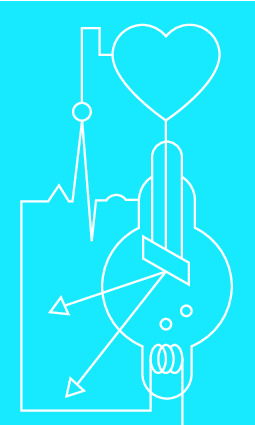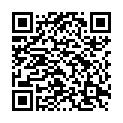|
|
|
| Module code: BMT2522.SPSS |
|
- |
|
5 |
| Semester: 5 |
| Mandatory course: no |
Language of instruction:
German |
Assessment:
[updated 29.04.2024]
|
BMT2522.SPSS Biomedical Engineering, Bachelor, ASPO 01.10.2018
, semester 5, optional course
BMT2522.SPSS Biomedical Engineering, Bachelor, SO 01.10.2025
, semester 5, optional course
MST2.SPS Mechatronics and Sensor Technology, Bachelor, ASPO 01.10.2020
, semester 5, optional course
|
|
The total student study time for this course is 150 hours.
|
Recommended prerequisites (modules):
BMT3401.STA
[updated 28.11.2024]
|
Recommended as prerequisite for:
|
Module coordinator:
Prof. Dr. Gerald Kroisandt |
Lecturer: Prof. Dr. Gerald Kroisandt
[updated 29.11.2024]
|
Learning outcomes:
This course will introduce statistical methods for the design of experiments and the evaluation of technical, biological and medical data.
The course uses practical examples that enable the students to understand the background and correctly apply statistical methods in complex contexts and interpret their results correctly.
Students will be given an overview of the various possibilities, application contexts and risks. After successfully completing this course, students will be able to use the statistics software SPSS.
[updated 29.04.2024]
|
Module content:
1. Biometrics and epidemiology - what are they?
2. Study design, most important types of studies
randomized studies, field studies, cross-sectional studies, cohort studies, etc. and dependent and dependent samples)
3. Introduction to SPSS
4. Importance of frequencies, risk analysis and forecasting
(How often does a disease occur? Normality or deviation? Is the patient sick or healthy?
What are the risk factors for a disease? What are the consequences of a disease? Evidence-based medicine)
5. Properties of point estimators, special point estimators
6. Tolerance ranges
7. Statistical hypothesis tests
(null hypothesis, alternative hypothesis, 1st type error, 2nd type error, statistical significance,
one- and two-sided test, two- and multiple-sample tests, parametric and non-parametric,
tests for dependent and independent samples, t-tests, non-parametric methods, etc.)
8. ANOVA (analysis of variance)
[updated 29.04.2024]
|
Recommended or required reading:
[updated 29.04.2024]
|


